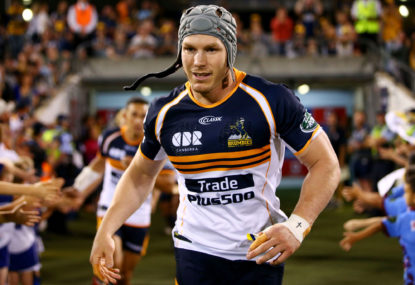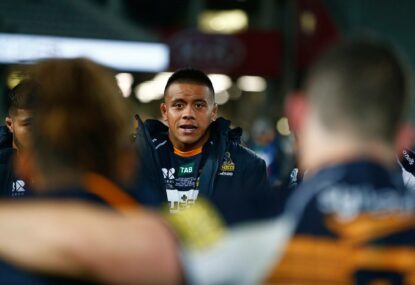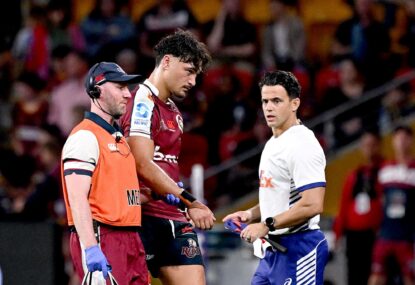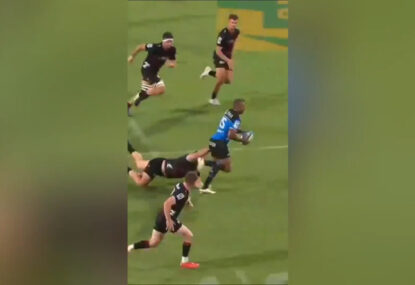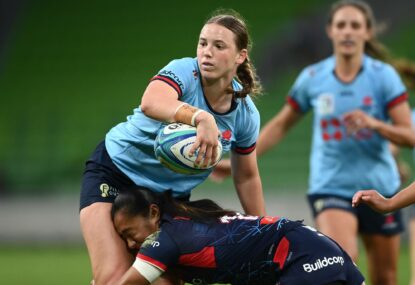I am a judicial officer for one of the Middle East Rugby federations and so, most weeks during the Rugby season over here, I convene red card hearings.
There are all sorts offences walking through my door. This season, I have had hearings for many types of offences under the laws of the game, including tip tackles, dangerous tackles, dissent, abuse of a referee, touching a match official and acts contrary to good sportspersonship.
My last four hearings were required to deal with players who were sent off for striking, an anomaly, which I put down to the players being hyped up for the finals (the last final of the 15s season is this weekend), but maybe it was the Middle East heat that was playing with the players’ minds.
In any case, recently, it has not been the red card offences in the local competitions that have made my blood boil; it has been the unsportsmanlike and unlawful habit of Super Rugby players throwing the ball away or purposefully preventing the attacking side from obtaining quick ball, after a free kick or penalty has been awarded or they have been forced into touch (chucking).
This spiteful behaviour has the effect of slowing down the game and denying a rightful advantage to the beneficiary team. And it makes for a poor spectator experience – I can almost feel the veins popping in my head when it occurs.
We rarely, if ever, see a penalty for such behaviour. I don’t think I have ever seen a yellow card for consistently chucking the ball. Why referees do not clamp down on chucking is a mystery to me.
In the Playing Charter of the Laws of the Game, you will find the following missive:
“At first glance, it is difficult to find the guiding principles behind a game which, to the casual observer, appears to be a mass of contradictions. It is perfectly acceptable, for example, to be seen to be exerting extreme physical pressure on an opponent in an attempt to gain possession of the ball, but not wilfully or maliciously to inflict injury.”
Clearly, the custodians of the game acknowledge that malicious acts in Rugby are to be discouraged. ‘Malicious’ is generally defined as being characterized by malice; intending or intended to do harm. That harm does not need to be physical. It can be any type of harm, including frustrating a player or team looking to play on quickly. Chucking is a malicious act.
The Playing Charter continues:
“Rugby owes much of its appeal to the fact that it is played both to the letter and within the spirit of the laws.”
Applying those laws during a match to remove malice from the game is crucial to maintain fairness and a great player/spectator experience.
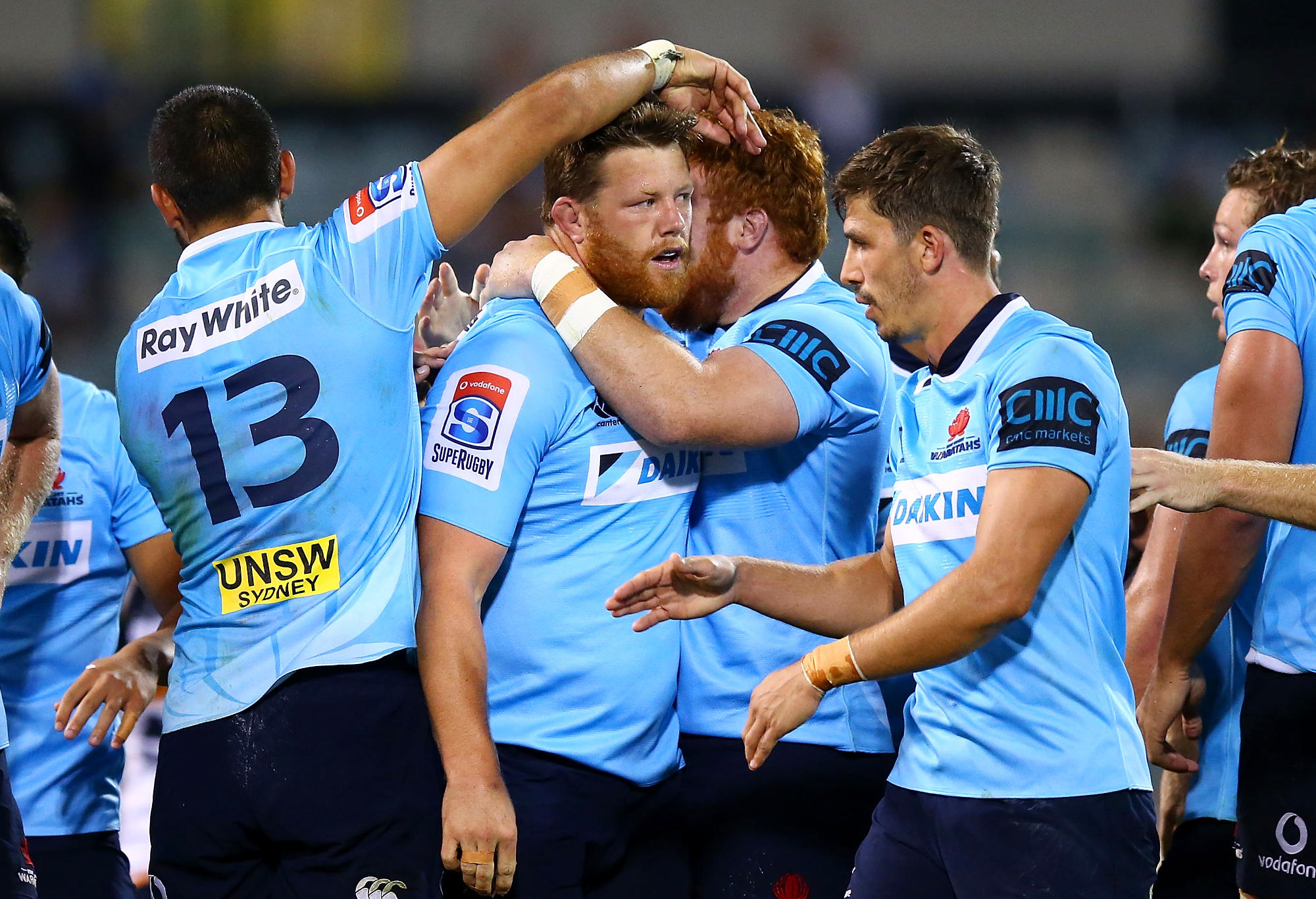
(Photo by Mark Nolan/Getty Images)
A little further along, under the heading Principles of the Game, it states:
“The contests are balanced in such a way as to reward superior skill displayed in the preceding action. For example, a team forced to kick for touch because of its inability to maintain the play is denied the throw-in to the lineout. Similarly, the team knocking the ball on or passing the ball forward is denied the throw at the subsequent scrum. The advantage then must always lie with the team throwing the ball in, although, here again, it is important that these areas of play can be fairly contested.”
“The team in possession aims to maintain continuity by denying the opposition the ball and, by skilful means, to advance and score points. Failure to do this will mean the surrendering of possession to the opposition either as a result of shortcomings on the part of the team in possession or because of the quality of the opposition defence; contest and continuity, profit and loss.”
“As one team attempts to maintain continuity of possession, the opposing team strives to contest for possession. This provides the essential balance between continuity of play and continuity of possession. This balance of contestability and continuity applies to both set piece and open play.”
It is worth sitting back to ponder this passage. These are the principles on which all players’ hard work and practise are focused. These are the principles upon which a coach builds his strategy and playbook.
These are the principles on which spectators rely to provide them with the thrilling spectacle that open, fast rugby provides. Continuity, contest, advantage, possession, fairness – all things that chucking prevents, to the detriment of every rugby stakeholder. And yet, referees turn a blind eye to these principles when they fail to penalise players who chuck.
Of course, the Laws of the Game go further to provide a framework to manage offences such as chucking.
Law 6.5.a provides:
“… The referee must apply the laws of the game fairly in every match.”
The referee has a duty to apply the laws of the game in every match, albeit fairly. And yet, consistently, referees do not apply the laws against chucking.
Law 9 provides”
“A player must not intentionally prevent an opponent from having the opportunity to play the ball, other than by competing for possession. Sanction: Penalty.”
and
“A player must not:
… b. Intentionally knock, place, push or throw the ball with arm or hand from the playing area. Sanction: Penalty.
Many times, chucking involves a player throwing the ball from the playing area, or at the very least, further out of the playing area.
… d. Waste time. Sanction: Free-kick.”
If chucking the ball is not an attempt to waste time, I don’t know what is.
“A team must not repeatedly commit the same offence. Sanction: Penalty.”
“A player must not repeatedly infringe the laws. Sanction: Penalty.”
Chucking has become an epidemic. I cannot remember a match during which multiple instances of ball chucking have not occurred. But the referees seem unwilling to enforce these laws that are designed to prevent repeat offending.
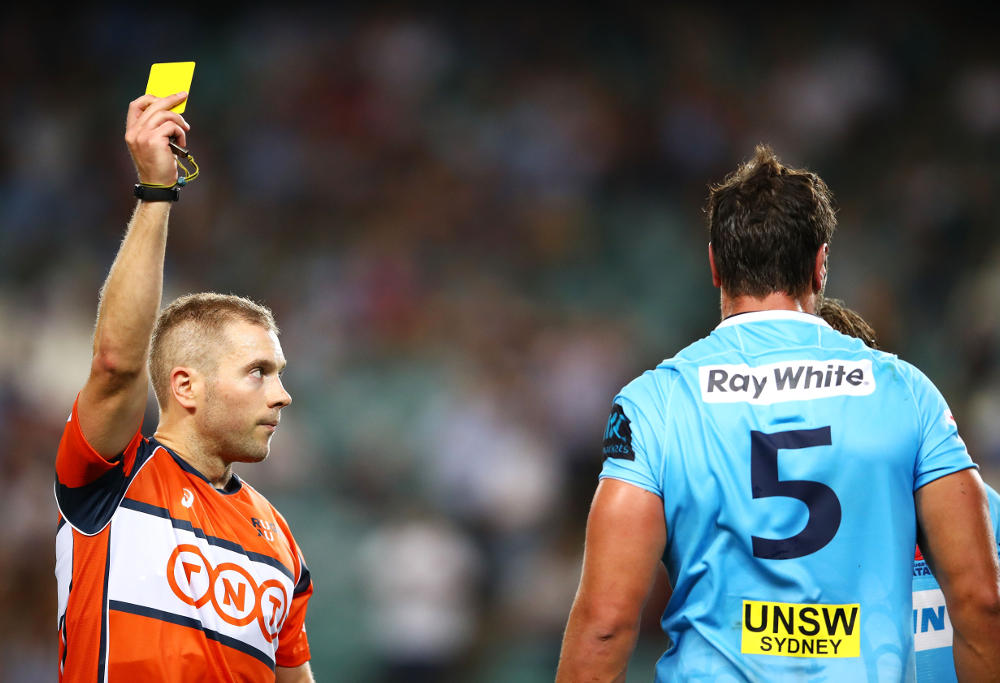
(Photo by Mark Kolbe/Getty Images)
And last, but not least and arguably most importantly because it goes to the heart of the principles of the game:
“A player must not do anything that is against the spirit of good sportsmanship. Sanction: Penalty”
So, the laws exist; they are clear, they are designed to promote the principles of the game and the referees have an obligation to enforce them. So why don’t referees penalise or suspend players for chucking?
Perhaps people (including referees) view chucking as an irritant rather than an offence. I would argue that, notwithstanding chucking being explicitly unlawful, the real damage caused by chucking is almost always unknown and unquantifiable.
Who knows what a team would have done with a quick ball? How many additional tries would be scored, or games won if players didn’t chuck? Perhaps, in most circumstances, chucking does not have a material effect on a match.
Nevertheless, I don’t think you can successfully argue chucking is just an irritant. If you do, you would also need to argue that creeping offside or shepherding are irritants. Those offences (and chucking) are not mere irritants because they create an unfair advantage for a team, with potentially material effects on a game.
But that is not the point. Going back to the principles of the game, we need to ensure that there is a fair and consistent contest for possession, without hindrance by any one player or team. Consistent enforcement of the laws is the main tool we can use to achieve that.
But there is another, perhaps uglier side to chucking. In many cases, chucking leads to additional and unnecessary altercations and offences or fights over the ball. How many times do we have to watch a player unlawfully deny another player the ball, only to see the denied player aggressively try to take it, which invariably leads to other players coming in to break up the melee or assist the respective teammate?
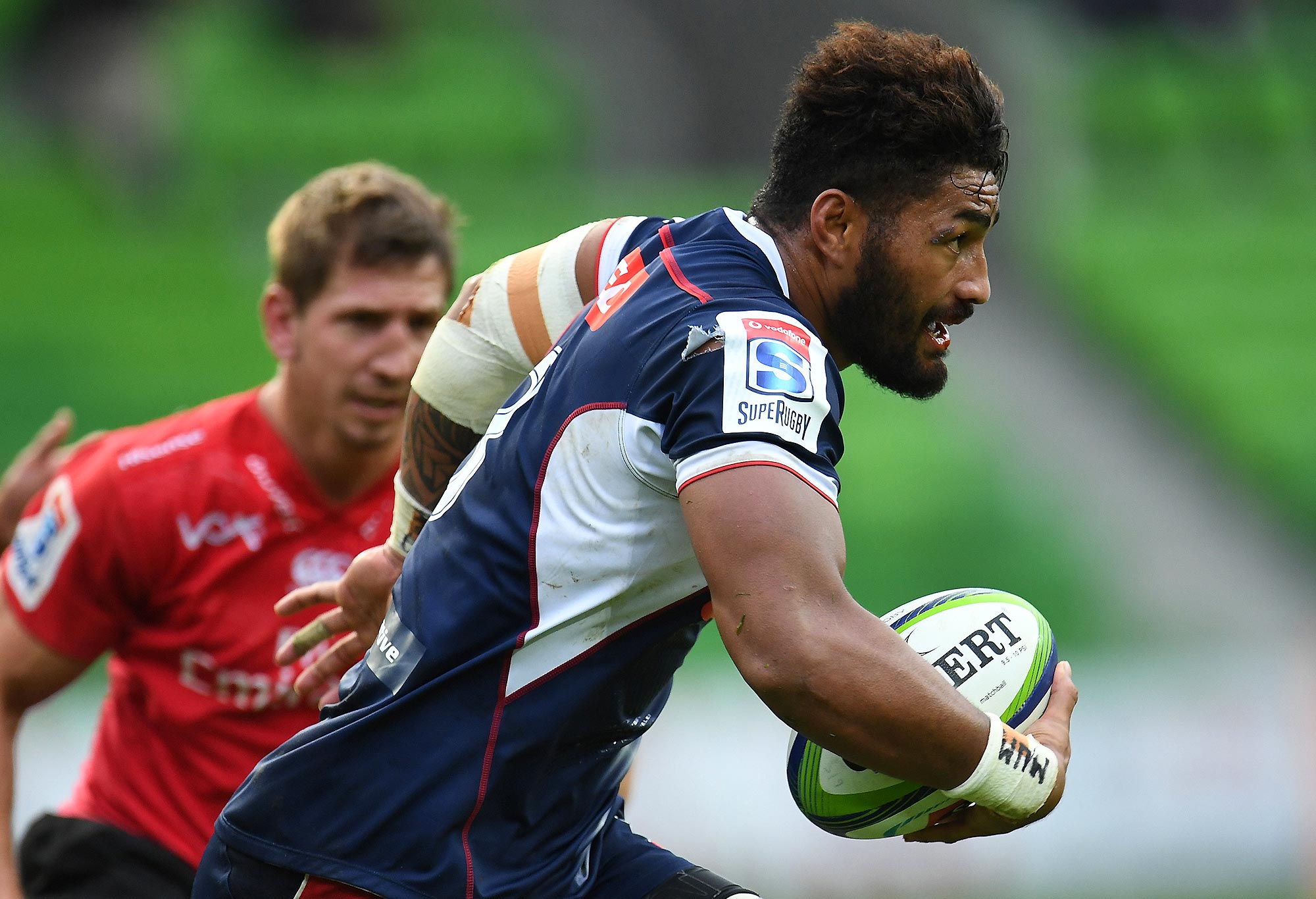
(AAP Image/Julian Smith)
How much time is wasted? How many unnecessary penalties? How many crucial yellow cards for striking? Get rid of chucking and you get rid of the ensuing fights, which leads to a faster, better game.
Please don’t think I am just having a go at the refs. Oh no. The players, but more importantly the coaches, have culpability here as well.
How many coaches are telling their players to stop the childish and immature chucking? How many coaches are encouraging it because they know they can get away with it? How many coaches hate seeing a potential quick play evaporate because of opposition foul play but don’t say a word to their own team about how it affects the game?
If coaches made it clear to their teams that all foul play (including chucking) is inexcusable within the context of the team culture, it would probably occur a lot less.
To finish, here’s a contentious idea – if the referee’s, coaches, and players are not willing to do something about chucking, perhaps Citing Commissioners can? Under Regulation 17.9 of the World Rugby Regulations of the Game:
“Citing Commissioners shall be entitled to cite a Player for any act(s) of Foul Play which in the opinion of the Citing Commissioner warranted the Player concerned being Ordered Off…”
“A Citing Commissioner may not cite a Player for an act(s) of Foul Play in respect of which the Player has been Ordered Off save where the Ordering Off is as a result of two yellow cards. A Player in that situation may also be cited for the act(s) of Foul Play which resulted in either or both yellow card(s)…”
“Citing Commissioners shall be entitled to issue a Citing Commissioner Warning to a Player who has in his opinion committed an act(s) of Foul Play which falls just short of warranting that the Player concerned be Ordered Off in circumstances where the act of Foul Play was not subject to a Temporary Suspension or Ordering Off.”
I would argue that chucking is so prevalent and is having such a negative impact on the game that repeat chucking may provide grounds for citing. If the on-field participants are not willing to act, the off-field custodians may be our only hope.





























































































